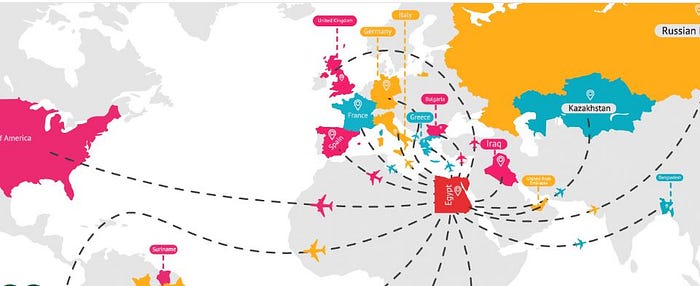Enhancing Food Supply Chains with Frozen Food Exports and Bulk Fruit
The frozen food industry is one of the most dynamic segments of international trade. Increasing consumer demand for convenient products, year-round availability of seasonal produce, and advanced preservation methods have all contributed to the steady rise of frozen food exports. At the same time, bulk frozen fruit suppliers are playing a vital role in ensuring consistent quality and reliability for global markets that depend on frozen produce for both retail and industrial purposes.

Rising Demand for Frozen Food Exports
The growing popularity of frozen food exports reflects a shift in consumer lifestyles. Fast-paced routines have led to greater demand for foods that are easy to store, quick to prepare, and capable of retaining their freshness over long periods. Frozen food ensures that nutritional content, taste, and quality are preserved, making it a preferred choice for households, restaurants, and manufacturers worldwide.
Exporters are broadening their offerings beyond staples such as vegetables, meat, and seafood, to include ready-to-eat meals, baked goods, and specialty products.
The Importance of Bulk Frozen Fruit Suppliers
Within the frozen food sector, bulk frozen fruit suppliers have established themselves as essential partners in the global food supply chain. Frozen fruits such as strawberries, blueberries, mangoes, and cherries are in high demand due to their wide applications. They are commonly used in beverages, dairy products, baked goods, and confectionery.
Bulk supply ensures that businesses ranging from food processors to retailers can secure consistent quantities at competitive prices.
Advantages of Frozen Food Exports
Some of the key benefits of frozen food exports include:
- Extended Shelf Life: Frozen products maintain their nutritional value and freshness for longer durations, making them ideal for international shipping.
- Reduced Food Waste: By freezing perishable items, losses in storage and transportation are minimized.
- Global Availability: Consumers in different regions gain access to products not locally grown or produced.
These advantages explain why frozen food has become an essential part of both retail and wholesale supply chains.
Challenges Faced by Exporters and Suppliers
Despite growing demand, frozen food exporters and suppliers must address certain challenges. Meeting diverse international food safety regulations and packaging requirements requires careful compliance. Cold chain logistics remain a critical factor, as maintaining temperature integrity during transport directly affects product quality.
Technological Innovations Driving Growth
Technological advancements continue to redefine the frozen food sector. Blast freezing, vacuum sealing, and modern packaging methods help preserve nutritional content while extending usability. In addition, digital tools such as blockchain are improving traceability, allowing both suppliers and buyers to ensure transparency in supply chains.
Bulk Frozen Fruit Supply and Food Security
One of the most significant contributions of bulk frozen fruit suppliers is their role in ensuring stability in global food supply chains. By preserving fruits at peak ripeness, suppliers reduce post-harvest waste and make seasonal produce accessible throughout the year. This not only supports the needs of manufacturers and retailers but also helps provide consumers with a consistent and dependable food source.
Conclusion
The expansion of frozen food exports and the growing influence of bulk frozen fruit suppliers underline the importance of this industry in today’s global economy. With increasing demand, evolving technology, and rising expectations for sustainable and high-quality products, the sector is set for continuous growth. Exporters and suppliers who adapt to these developments will remain central to the future of global food trade.
FAQs
Q1: Why are bulk frozen fruit suppliers important in global trade?
A. They provide consistent year-round supply, reduce post-harvest losses, and support industries like beverages, dairy, and bakery.
Q2: What makes frozen food exports a preferred option for international markets?
A. They offer extended shelf life, reduced food waste, and make diverse food products accessible across borders.
Comments
Post a Comment